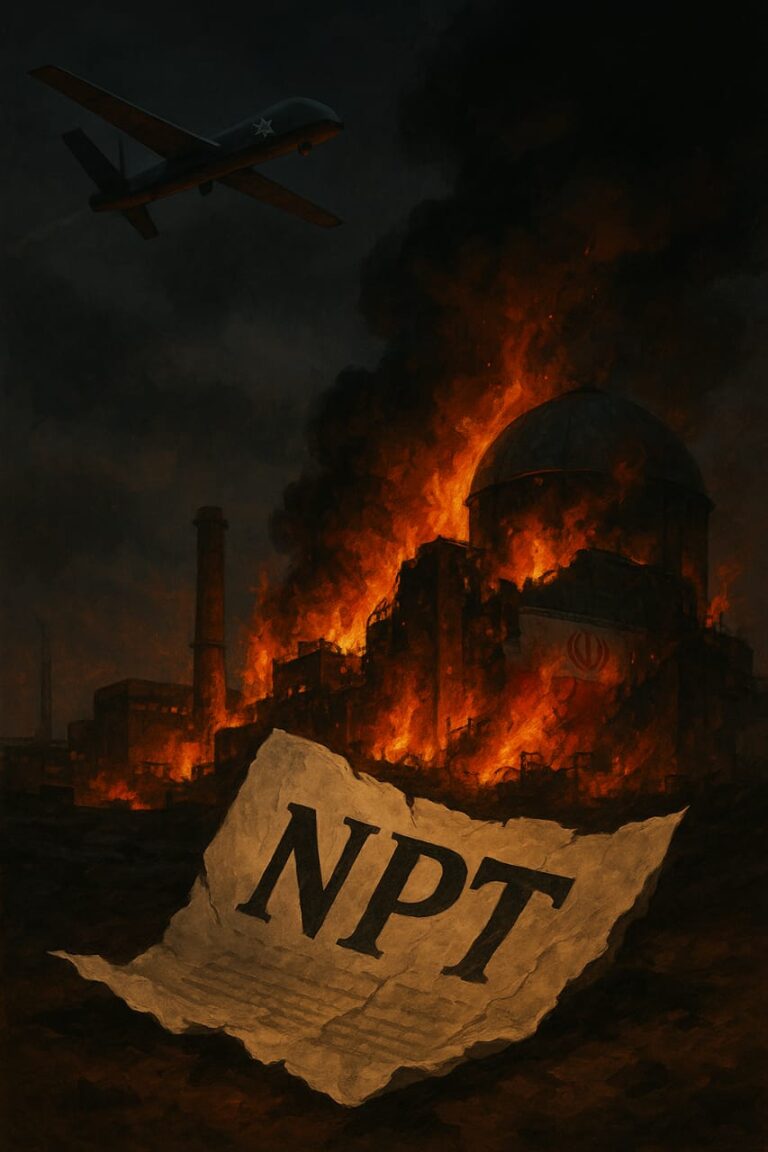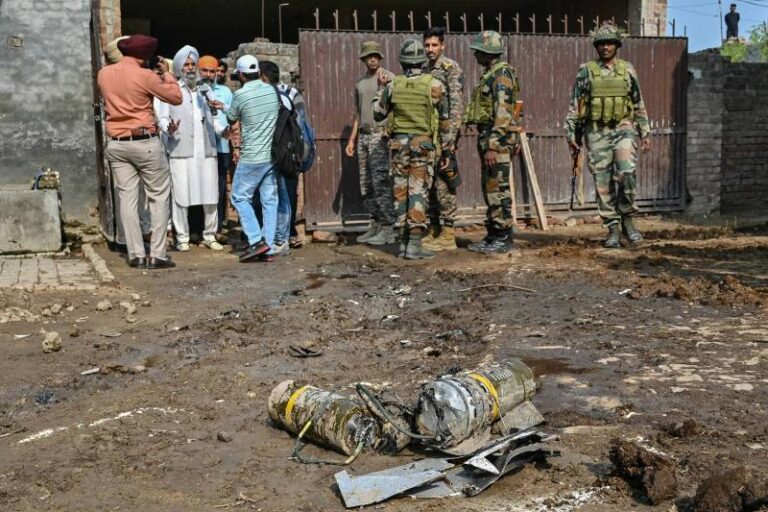
Source: BOL News
Madiha Shakil Khan
On August 5, 2019, India abrogated the special status of its illegally occupied Jammu and Kashmir when it passed the J&K Reorganization Act 2019 in the upper house of the parliament. An already-occupied territory was annexed. Articles 370 and 35A were scrapped amid a large-scale shutdown in Kashmir. Moreover, the state of Jammu and Kashmir was downgraded into a Union Territory and bifurcated into two UT J&K and UT Ladakh. It is noteworthy that Article 370 had been systematically eroded by India over the past 70 years, including through the downgrading of the post of Prime Minister of J&K into Chief Minister. On the other hand, the provisions of Article 35A reserved exclusive rights over government jobs, and extended land ownership and other privileges only to native Kashmiris. Articles 370 and 35A, particularly the latter, were seen by the Muslims of J&K as a safeguarding tool against a possible demographic change that a Hindu-majority India could bring about.
From an Indian perspective, Article 370 was a hindrance in bringing J&K into the complete Indian fold. Hindu nationalist parties like the ruling BJP always demanded the scrapping of the special status which, they claimed, was helping Pakistan raise the Muslim majority factor of Kashmir. It was hoped that, by offering plots and jobs to non-Kashmiris, India would be able to alter the demographic balance in favor of the Hindus. The abrogation of Article 35A, coupled with the introduction of new domicile laws, opened the floodgates for the much-feared, illegal demographic changes in occupied Kashmir. Since Article 370 gave autonomy to J&K, it became a lifeline for the Unionist politicians of Kashmir, especially given that their mainstream politics was based on safeguarding the rights of indigenous Muslims. Article 370 provided a separate Constitution to J&K which determined what portions of the Indian Constitution would be applicable to J&K. It also had its own penal code called RPC (Ranbir Penal Code).
Pakistan’s rejection of the scrapping of Article 370 and putting Kashmir under strict shutdown came from the highest level. It strongly condemned India’s action, saying it could not take any unilateral steps on Jammu and Kashmir as long as it was an internationally-recognized dispute under the United Nations. Pakistan also said that the move violated the resolutions of United Nations regarding the disputed territory. “Pakistan will employ all available options against India’s move of abolishing Kashmir’s special status,” said Firdous Ashiq Awan, then Pakistan’s Advisor to the PM for Information and Broadcasting. There was unanimous outrage shown by the Pakistani government and the opposition with regard to scrapping of Article 370. Pakistan saw the abrogation of Kashmir’s special status as an attempt by India to take it out from the Kashmir dispute, as evidenced by its insistence on calling the decision as an internal matter Also, Pakistan deemed it as an assault on the Muslim majority portion and population of Kashmir which, by and large, has expressed its love and support for Pakistan.
With two years passed since then, Kashmir is yet to see any measure of normalcy as local resistance against security forces and others have only increased. Several pro India politicians, mostly from the ruling BJP, have been killed in various attacks. There has also been an increase in the numbers of local youth joining the militant ranks. All in all, India’s August 5 gambit has further alienated the Kashmiris. The fervor to break free from the clutches of India has become stronger than ever. To project some sense of political stability to the outside world, New Delhi has been talking about the restoration of statehood and conduct of assembly elections in the state after the delimitation exercise concludes. District level elections, called DDC, held last year, failed in showcasing Kashmir’s “normalcy” to a global audience. Many Kashmiri pro freedom leaders are languishing in jails across India. The pro Pakistan socio-political organization Jamaat e Islami was banned and its offices were seized by the police. Any sort of dissent is being crushed under the infamous Unlawful Activities Prevention Act (UAPA) and the Public Safety Act (PSA).
Now the question arises, what are the options for Pakistan to reverse the Indian move to assure the Muslim majority factor of Kashmir will not be permanently altered? While Pakistan can employ both overt and covert tactics, it does not have any real leverage over India to force it to revoke its decision. The old tactics of suspending bilateral relations and trade may prove to be self-defeating considering Pakistan’s fragile economy. However, they are symbolically an important expression of Pakistan’s commitment to helping the Kashmiris. Most Indian analysts have predicted that Pakistan will try to push armed insurgents into Kashmir as a destabilizing factor. However, Pakistan has been pretty clear about not resorting to any kinetic options unless India initiates armed aggression against it. Also, Pakistan is trying its best to dispel the wrong narrative surrounding its support to armed groups, and is fully committed to fulfilling its international commitments on countering terrorism and extremism.
One remaining option for Pakistan is help from China. Both China and Pakistan have taken a unified stand against India over developments in Kashmir. Western media have been abuzz with the term of a “Sino-Pak” alliance over Kashmir since changes in the status of the territories also affected China’s interests in the region. In fact, some even believe the Galwan clash between Indian and Chinese armies was a collaboration by China and Pakistan. However, there is no evidence to corroborate this assertion. Besides, Pakistan’s current leadership, headed by Prime Minister Imran Khan, is looking at enhancing economic connectivity and integration. Thus, such kinds and types of actions are not in the interests of Pakistan, Kashmir, and the region.
Post the U.S. exit from Afghanistan, Pakistan could have tried to increase pressure on the Line of Control (LoC) but only if its western border can be secured after the American withdrawal, something which looks unlikely given the simmering situation in Afghanistan. On balance, whipping up pressure on the LoC will not suit Pakistan, or the Kashmiris, for that matter. This is one of the reasons as to why Pakistan, earlier this year, agreed to adhere to the 2003 Ceasefire agreement on the LoC.
With China’s PLA already having penetrated inside Indian-controlled territory in eastern Ladakh, India’s fears of a possible joint Sino-Pakistan assault in Kashmir have only increased. A two-front war against two nuclear armed powers would be very difficult to handle for India and its military. Moreover, given the nature of the Indo-China clash at Galwan valley, it is highly unlikely that QUAD countries would come to India’s rescue. However, it is noteworthy that Pakistan has elicited China’s diplomatic support on Kashmir, instead of that in the realm of the military. Hence, it is clear that neither Beijing nor Islamabad is looking to pin down India from both sides.
Thus, all this means is that the only certainty at this point is more uncertainty and tension in Kashmir and throughout the region as a result of India’s brazen actions.
Madiha Shakil Khan is an independent researcher working on international affairs.




